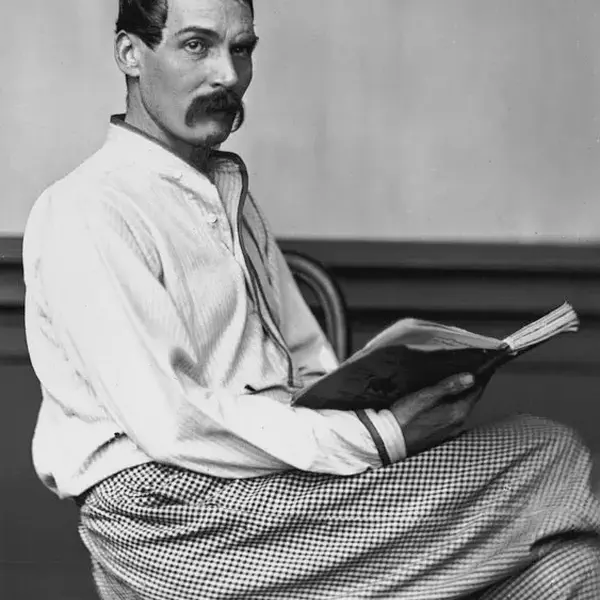
Sir Richard Francis Burton, Adventurer, Writer, Swordsman, Scholar and Explorer, Born
March 19, 1821
Sir Richard Francis Burton KCMG FRGS ( 19 March 1821 – 20 October 1890) was a British explorer, writer, orientalist scholar, and soldier.
He was famed for his travels and explorations in Asia, Africa, and the Americas, as well as his extraordinary knowledge of languages and cultures. According to one count, Burton spoke 29 languages.
Burton’s best-known achievements include: a well-documented journey to Mecca in disguise, at a time when non-Muslims were forbidden access on pain of death; an unexpurgated translation of One Thousand and One Nights (commonly called The Arabian Nights in English after early translations of Antoine Galland’s French version); the publication of the Kama Sutra in English; a translation of The Perfumed Garden, the “Arab Kama Sutra”; and a journey with John Hanning Speke as the first Europeans to visit the Great Lakes of Africa in search of the source of the Nile.
Burton was a captain in the army of the East India Company, serving in India, and later briefly in the Crimean War. Following this, he was engaged by the Royal Geographical Society to explore the east coast of Africa, where he led an expedition guided by locals and was the first European known to have seen Lake Tanganyika. In later life, he served as British consul in Fernando Pó (now Bioko, Equatorial Guinea), Santos in Brazil, Damascus (now Syria), and finally in Trieste (now Italy). He was a Fellow of the Royal Geographical Society and was awarded a knighthood in 1886.[